
High levels of mucosal IgA antibodies in the airways were found to protect against COVID-19 reinfection for at least 8 months.
Nina Cosdon is the associate editor for Contagion. Before joining MJH Life Sciences, she graduated magna cum laude from Denison University in 2021 with a degree in Communication. You can find her reading, hiking, or antiquing, or by emailing her at ncosdon@mjhlifesciences.com.

High levels of mucosal IgA antibodies in the airways were found to protect against COVID-19 reinfection for at least 8 months.
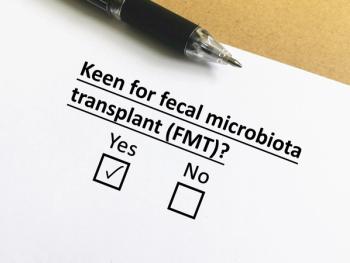
Fecal microbiota transplantation (FMT) is known to be an effective treatment for recurrent Clostridioides difficile infection. New research reveals why.
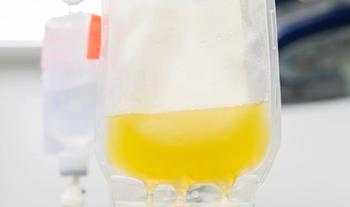
As COVID-19 continues to mutate, immunocompromised persons need new, effective treatments. Convalescent plasma could be the answer.

It's Friday the 13th, but you can counteract bad luck by catching up on this week's top infectious disease news.
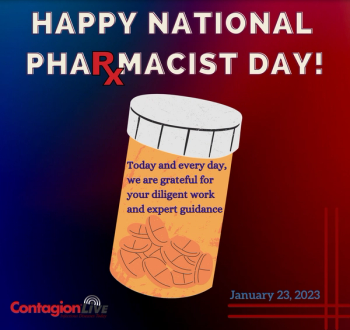
It's your day, pharmacists! Here's a roundup of our top 5 stories by infectious disease pharmacists, for infectious disease pharmacists.

After their first Sudan ebolavirus outbreak in 10 years, resulting in 164 cases, Uganda today announced the Ebola outbreak is over.

Hong Kong confirmed a case of a man critically ill with avian influenza. On the other side of the world, Colorado is reporting its worst-ever avian flu outbreak among birds of prey.
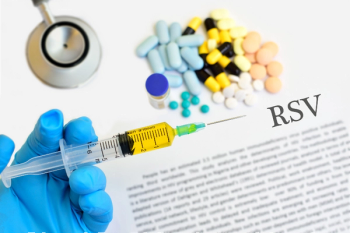
RSV cases spiked to unprecedented levels this season. Why were these infections so frequent and severe? Why has vaccine development taken so long?

Good news: across 23 countries, trust in COVID-19 vaccines increased 5.2% from 2021 to 2022. However, vaccine hesitancy remains in key populations.

Evusheld, the only FDA-approved COVID-19 pre-exposure prophylactic, is anticipated to be ineffective against the emerging XBB.1.5 variant.

A Brazilian study of people 90 years and older who easily recovered from COVID-19 identified specific genetic components that may have provided protection.

The VIASURE PCR diagnostic is now available under Emergency Use Authorization in laboratories for persons with a suspected mpox infection.

So far, these are Contagion's 5 most-read stories of 2023.

The 24-valent investigational pneumococcal conjugate vaccine, VAX-24, met its primary endpoints in a phase 1/2 trial.
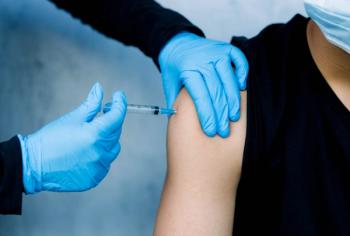
“This was a total surprise,” said study lead author John Tsang, PhD.
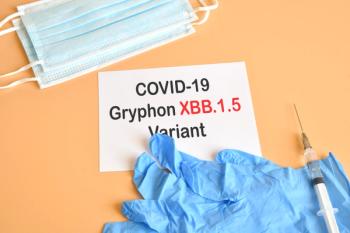
In just a month, the XBB.1.5 variant went from causing 1% to over 40% of new COVID-19 infections.

Due to negative results, the I-SPY COVID Trial is no longer evaluating cyproheptadine to treat critically ill COVID-19 patients.

During the COVID-19 pandemic, cigarette sales differed from projected sales volume. One study examined these trends at the state level.

New booster shots, antigen testing, and a shrinking incubation period: these were the top COVID-19 stories of 2022.

A new monoclonal antibody, invasive group A strep, and genital herpes topped the list of this week's most-read stories.
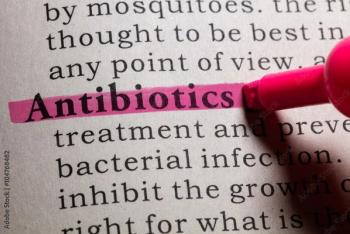
In this mini-podcast, infectious diseases clinical pharmacy specialist Bruce M. Jones, PharmD, FIDSA, BCPS, breaks down the “very straightforward criteria” he uses to decide whether a skin and soft tissue infection (SSTI) patient should be inpatient or outpatient.
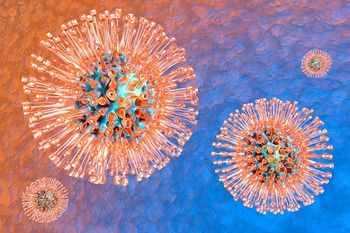
Genital herpes (HSV-2) affects quality-of-life but also causes substantial economic losses, especially in low- and middle-income countries.

2 years after the COVID-19 vaccine, we're focusing on who is still getting the most severe disease and why.

Europe’s Committee for Medicinal Products for Human Use (CHMP) issued a positive opinion for Triumeq PD, the first dispersible single tablet regimen with dolutegravir, for children living with HIV.
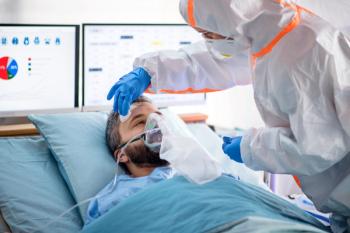
With these findings, the Uppsala University investigators believe loss of the Y chromosome in white blood cells can predict which patients are at high risk of severe COVID-19 disease progression.

In this podcast episode, Christian Sandrock, MD, MPH, FCCP, describes the need to make significant progress in antimicrobial stewardship.

In addition to avoiding additional infection, illness, and death, the COVID-19 vaccination program likely saved the US $1.25 trillion in medical costs.

It was a week marked by significant FDA decisions and COVID-19 treatment updates.

The last available COVID-19 monoclonal antibody, bebtelovimab, is now no longer authorized due to suspected inability to neutralize the most dominant COVID-19 variants, Omicron BQ.1.1 and BQ.1.

Dr. Elizabeth Garner speculates the FDA approval of RBX2660 for recurrent C difficile infection will pave the way for more restorative microbiome therapies.